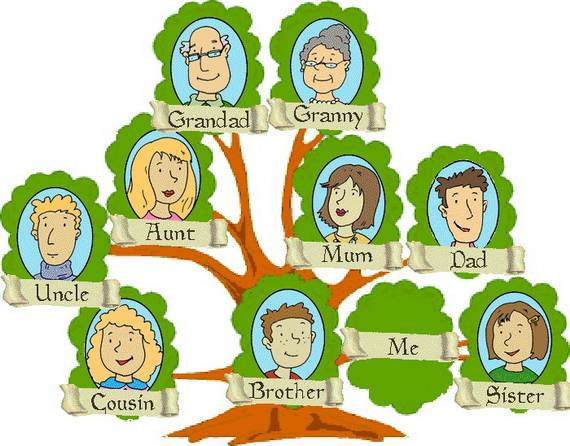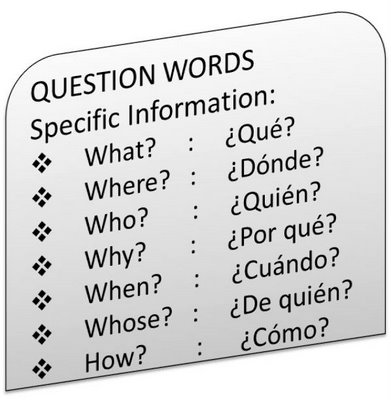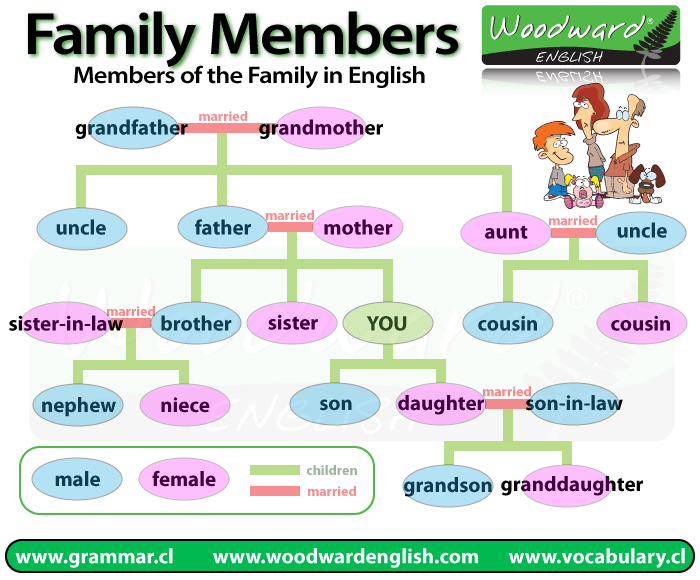FAMILY TREE
The first thing that you have to do this second part of the course, is the following:
1.- In US letter size sheet of paper, you have to design a very original and colorful family tree.
2.- You have to include grandparents, parents, aunts, cousins, nephews, half sisters, etc., not less than 10 relatives.
3.- You have to draw their faces, paste photographs or at least write their names on the family tree. Include the relationship below the photograph, drawing or name.
4.- Write name, date and group at the top right corner of the cardboard.
5.- Neatness is a must in this activity.
6.- No spelling mistakes will be accepted.
Having done this, you have to write some sentences referring to the family members you included in your family tree. You have to use the structures that you have already learnt have got, there is, there are, this, that, those, possessive adjectives, 's , verb to be, plurals.
Example:
This is my family tree, and as you can see there are 4 men in my family, my grandfather, my uncle, my dad and my brother. My grandfather´s name is Robert, he is 68 years old, he is a carpenter...... etc.
In this second activity, punctuation, capitalization and spelling will be marked. Try to write short and well structured sentences to avoid having too many mistakes. Write a title. Write name, date and group at the top right corner. You have to write it using Arial 12' (type of letter).
This activity has to be delivered on september the 30th. Groups IM04,IM06,IM07, IM15
and on October the 1st. Group IM03.
HERE ARE SOME IDEAS.
This exercises will help you to structure your sentences in a better way.






























